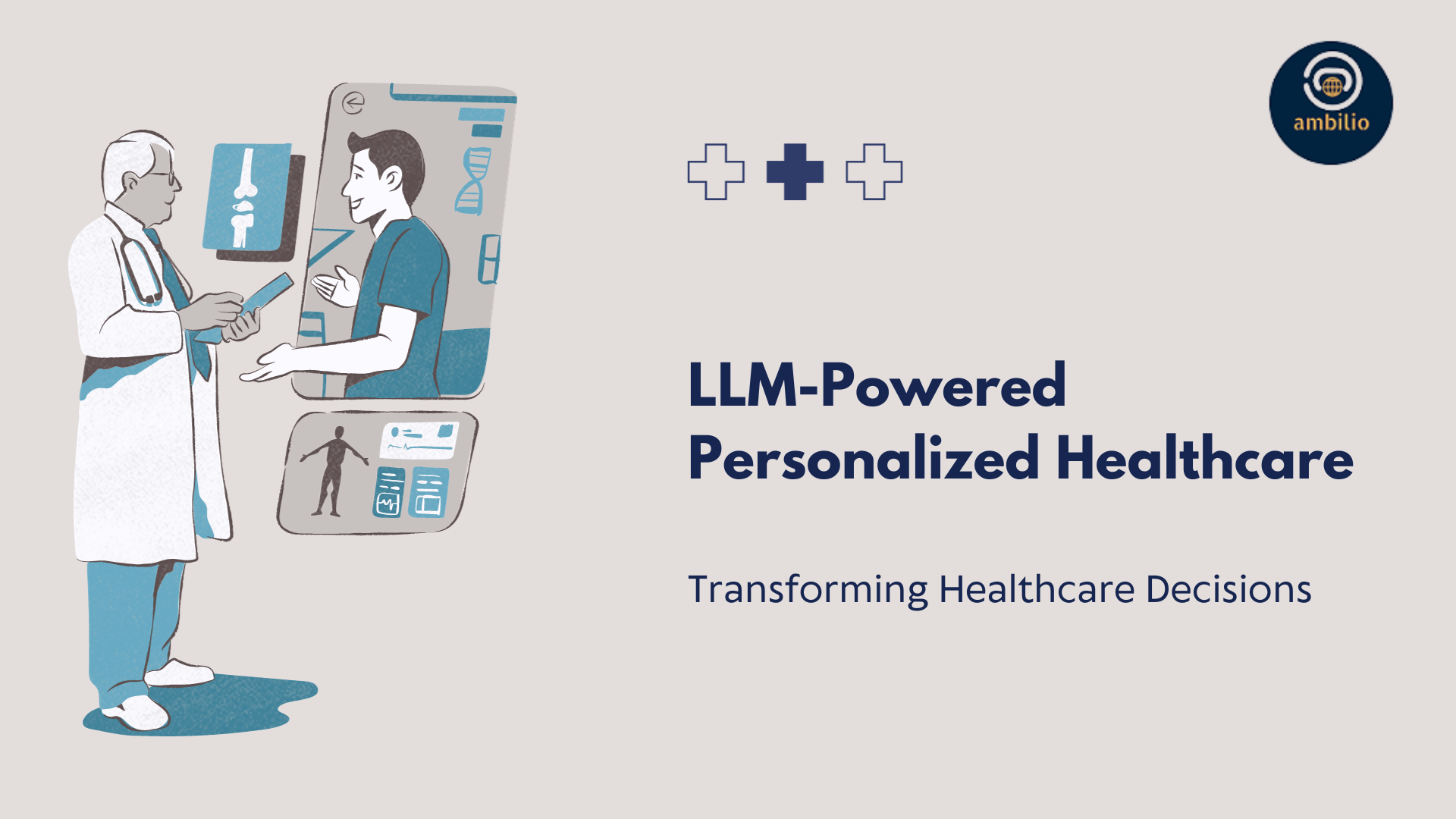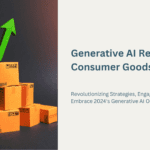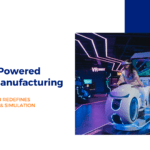Healthcare, once grounded in broad strokes, is on the cusp of an extraordinary revolution: the advent of personalized medicine. This monumental shift holds the promise of custom-crafted therapeutic journeys for every individual, a groundbreaking leap fostered by the seamless fusion of language models (LLMs) within the realm of medical decision-making. This evolution represents a seismic departure from traditional methodologies, ushering in an era where treatment strategies pivot on the intricate nuances of a person’s unique biological makeup and lifestyle, propelling healthcare into an era of precision and individualized care.
The Potential of Personalized Medicine
Conventional medical strategies often hinge on generalized statistics and broad studies, inadvertently neglecting the nuances of individual genetic, environmental, and lifestyle variations. The concept of personalized medicine seeks to bridge this gap by crafting treatments that align with each patient’s distinct profile.
Considering a patient’s genomic data, clinical history, and lifestyle choices, personalized medicine offers a plethora of advantages:
- More Effective Treatments: Pinpointing drugs based on individual responses results in higher success rates and minimized side effects.
- Early Disease Detection: Identifying high-risk individuals facilitates proactive interventions and preventative measures.
- Reduced Healthcare Costs: By enhancing treatment efficacy and averting complications, personalized medicine saves time and resources.
The Role of Language Models
Enter the era of language models, trained on extensive datasets encompassing medical literature, research papers, and patient records. These models, equipped to:
- Analyze Complex Data: Navigate vast volumes of genomic and clinical data, detecting intricate patterns and correlations often overlooked by humans.
- Generate Insights: Translate complex scientific information into actionable recommendations, simplifying comprehension for healthcare providers.
- Personalize Communication: Tailor output to suit individual patient situations and knowledge levels, ensuring effective communication.
Introducing the Personalized Medicine Assistance Platform
Envision a platform empowered by an LLM that:
- Integrates Patient Data: Securely compiles and analyzes genomic, clinical, and lifestyle information from diverse sources.
- Runs Advanced Algorithms: Leverages LLM capabilities to identify patterns, predict treatment responses, and assess potential risks.
- Generates Personalized Reports: Furnishes healthcare providers with succinct summaries of a patient’s unique profile, along with custom treatment recommendations and supporting evidence.
- Facilitates Decision-Making: Offers interactive tools enabling clinicians to explore treatment options and weigh potential benefits and risks.
Benefits for All
This platform isn’t solely advantageous for patients; it empowers healthcare providers too:
- Increased Confidence: Clinicians make informed decisions supported by data-driven insights and personalized recommendations.
- Improved Efficiency: Automation of time-consuming tasks permits clinicians to concentrate on patient care.
- Enhanced Communication: LLM-powered reports facilitate transparent communication between clinicians and patients.
Challenges and Considerations
Implementing such a platform necessitates addressing various challenges:
- Data Privacy and Security: Rigorous security measures and ethical data governance are imperative to safeguard patient information.
- Model Explainability and Bias: Transparency in LLM reasoning ensures trust and tackles potential biases in data or algorithms.
- Integration with Existing Systems: Seamless integration with electronic medical records and clinical workflows is essential.
The Future of Personalized Medicine
Despite challenges, the potential of personalized medicine driven by LLMs is undeniable. Technological advancements and ethical considerations propel us towards a future where healthcare tailors itself to each individual, yielding better health outcomes and a fortified healthcare system.
This isn’t merely a technological shift; it’s a profound change in healthcare’s essence. It’s about transitioning from a reactive to a proactive system, preventing disease, optimizing treatment, and empowering individuals to manage their health. The journey towards personalized medicine has commenced, and LLMs are poised to guide the way.



